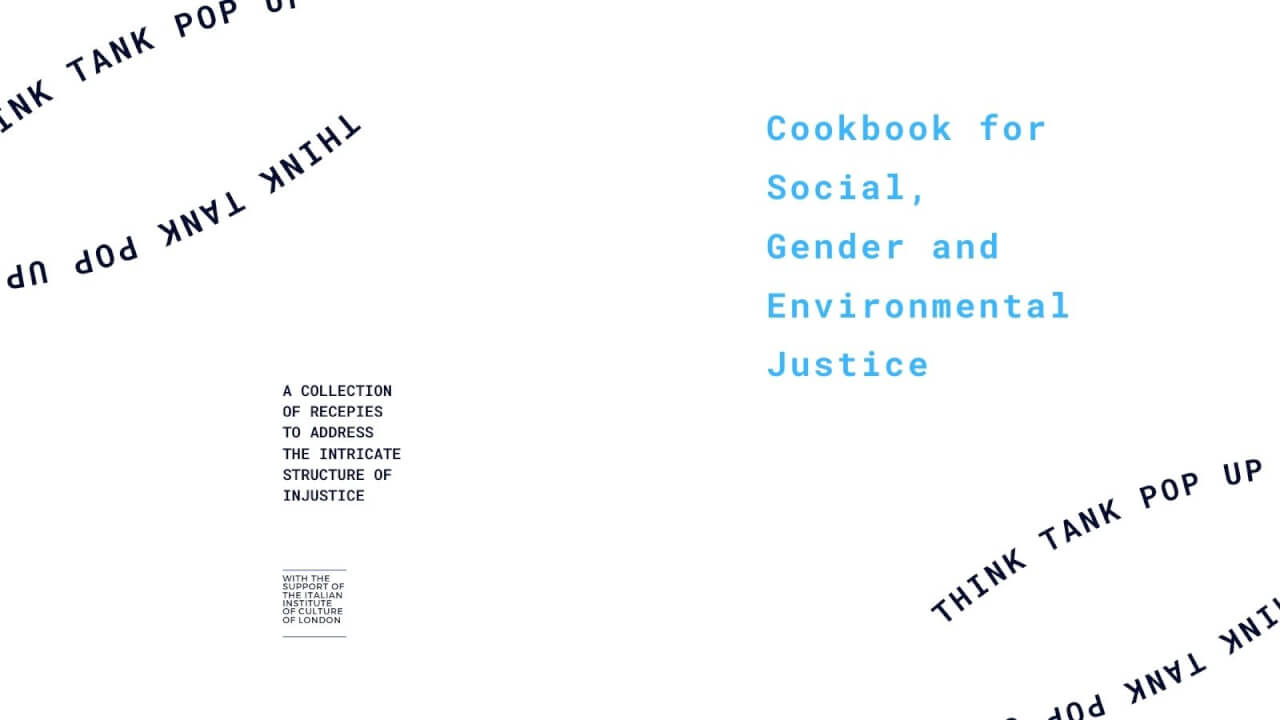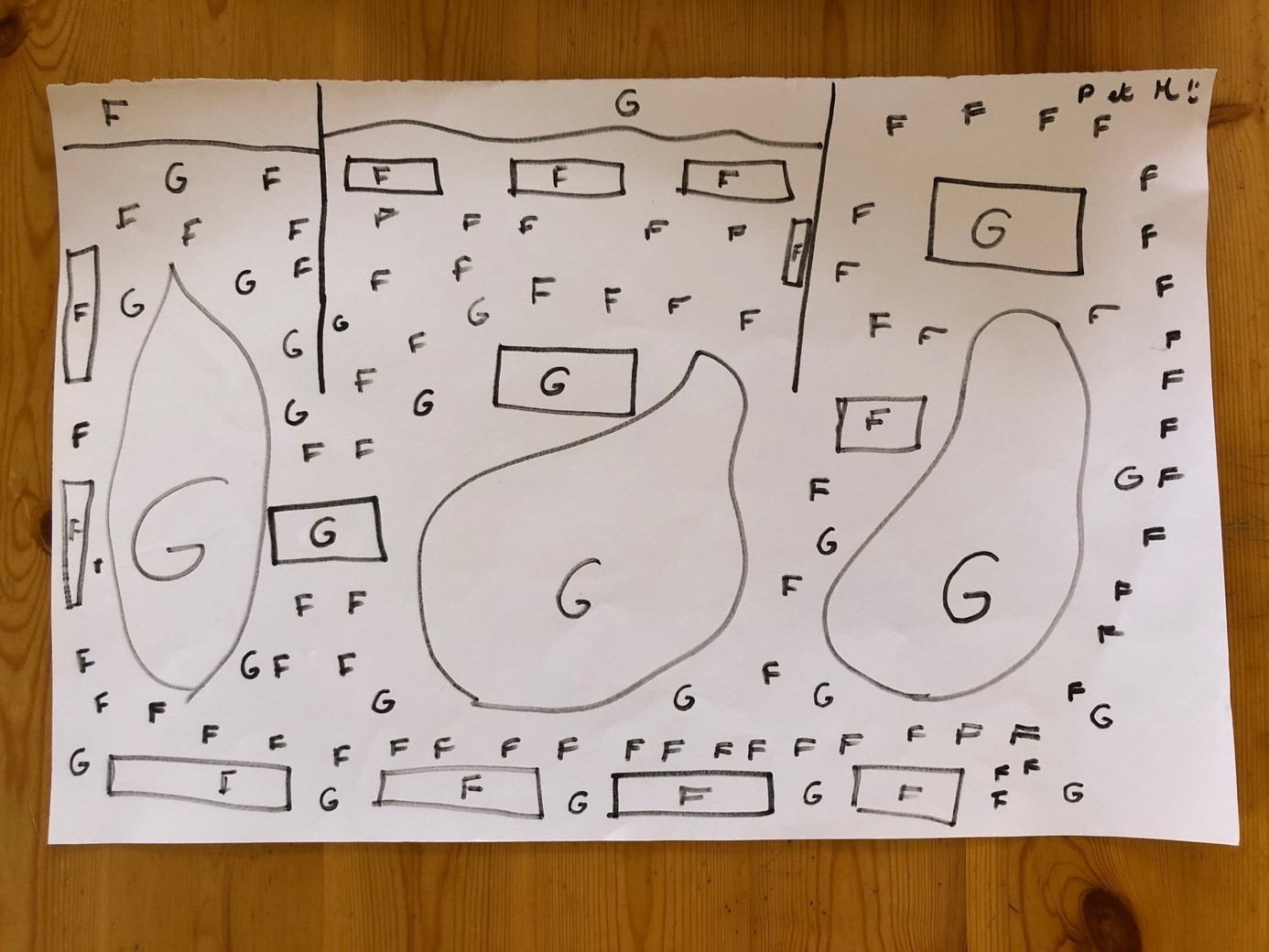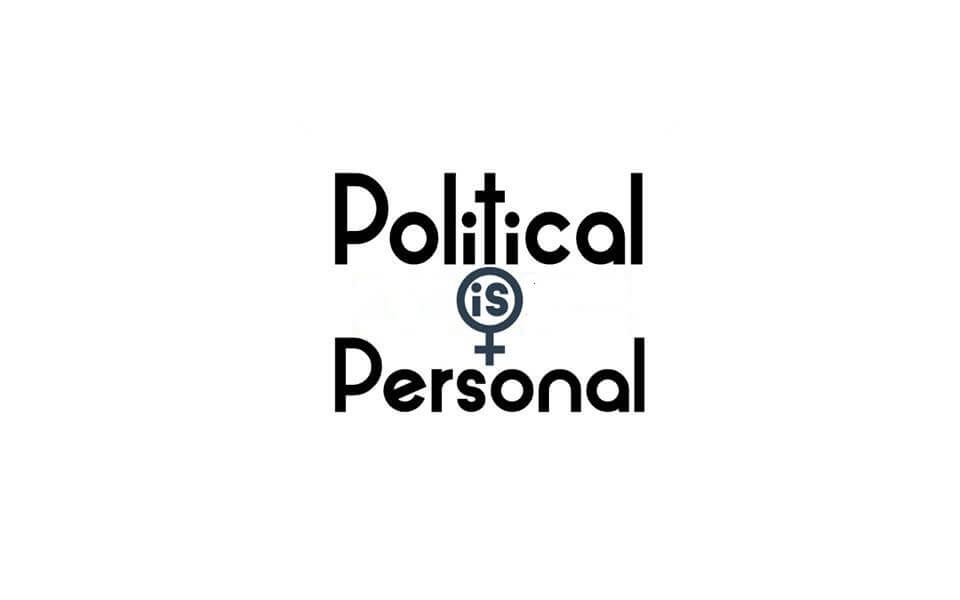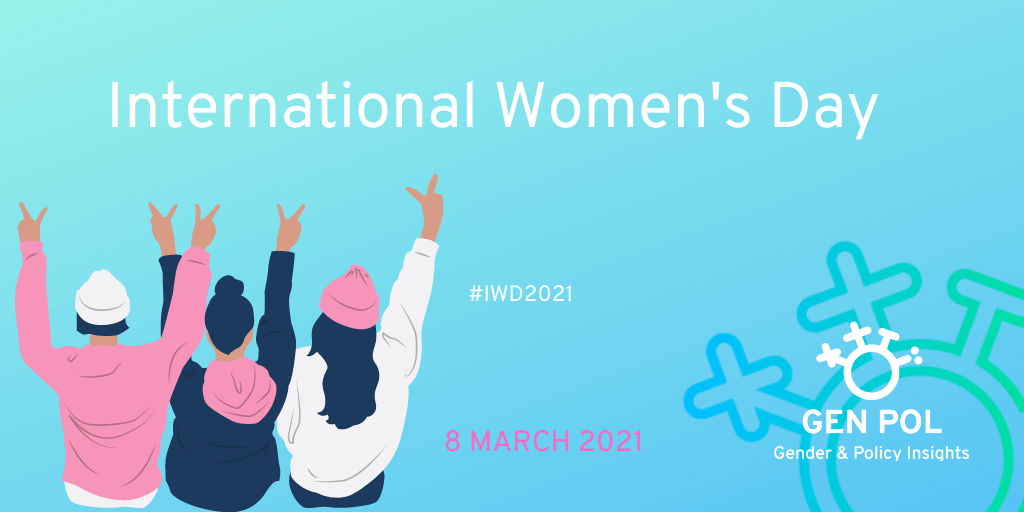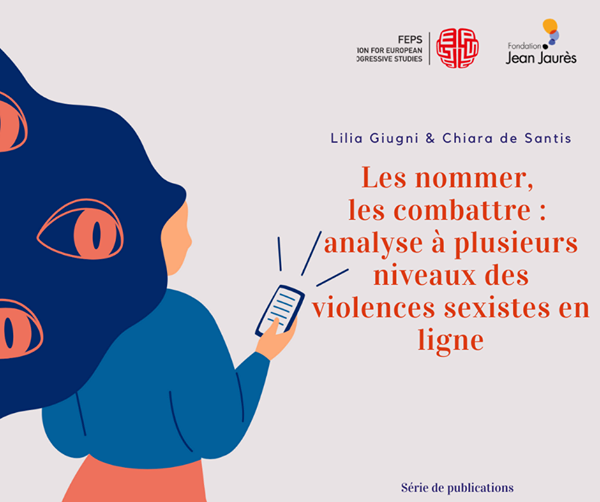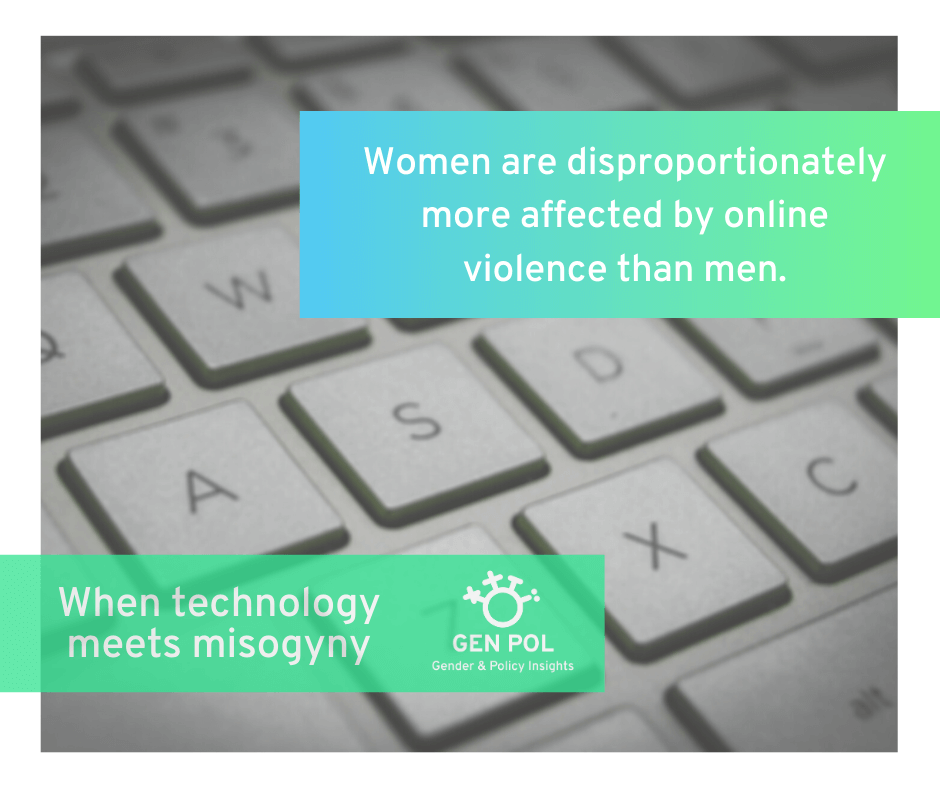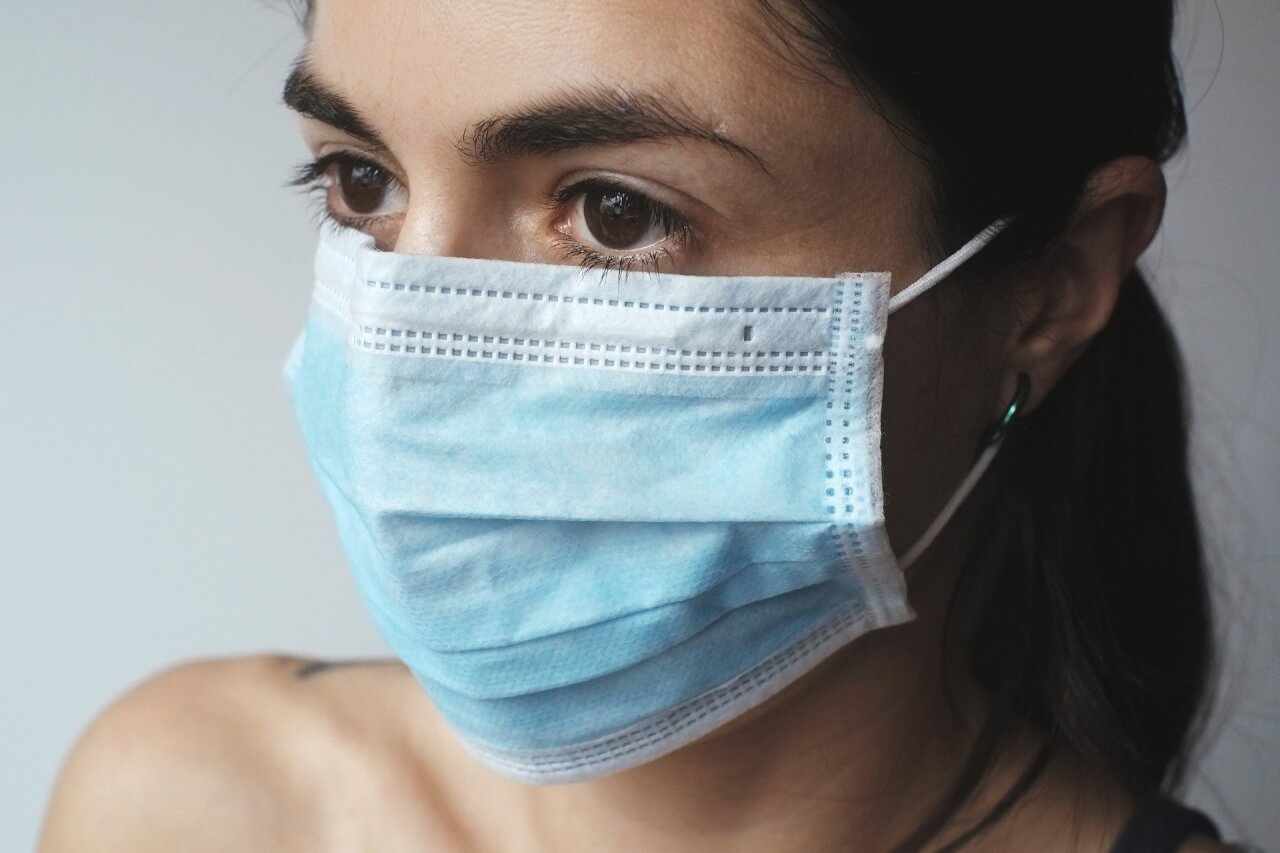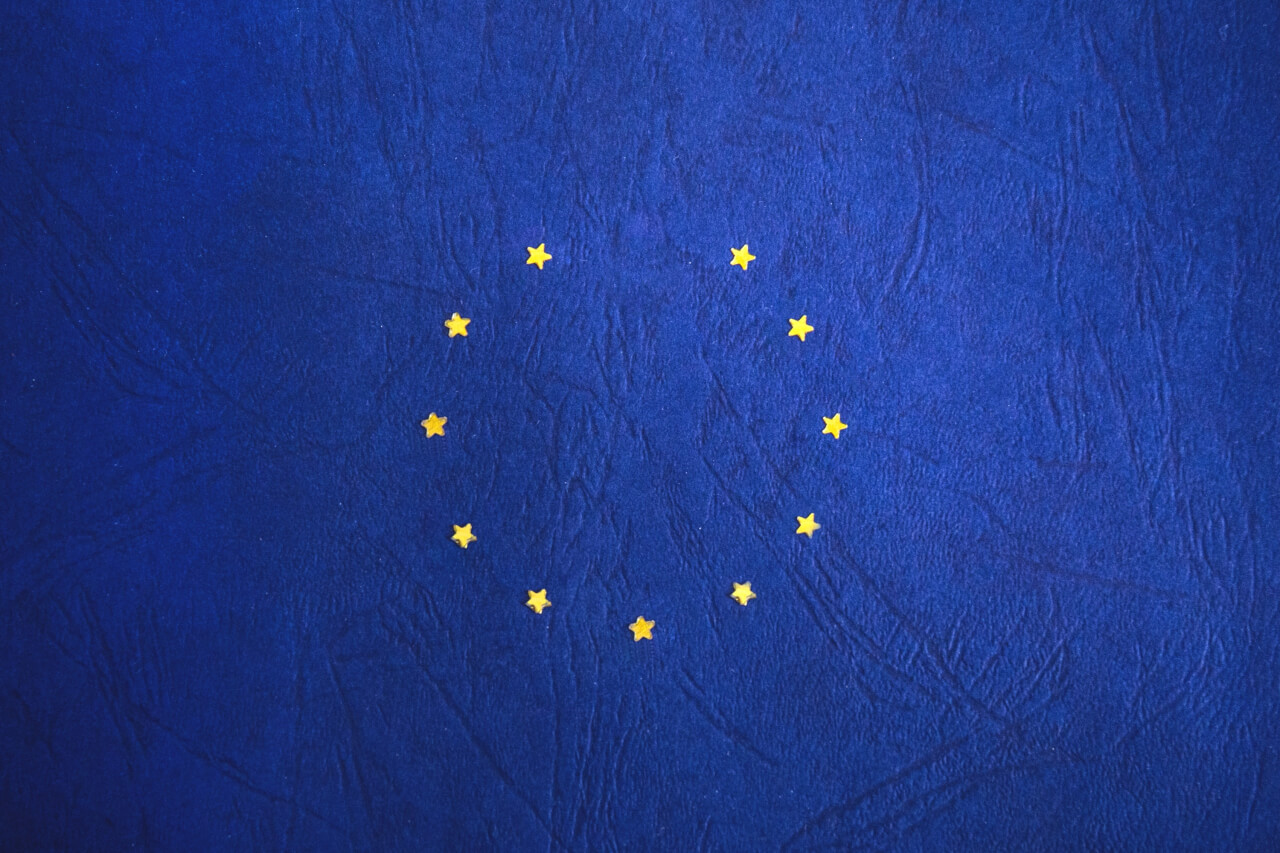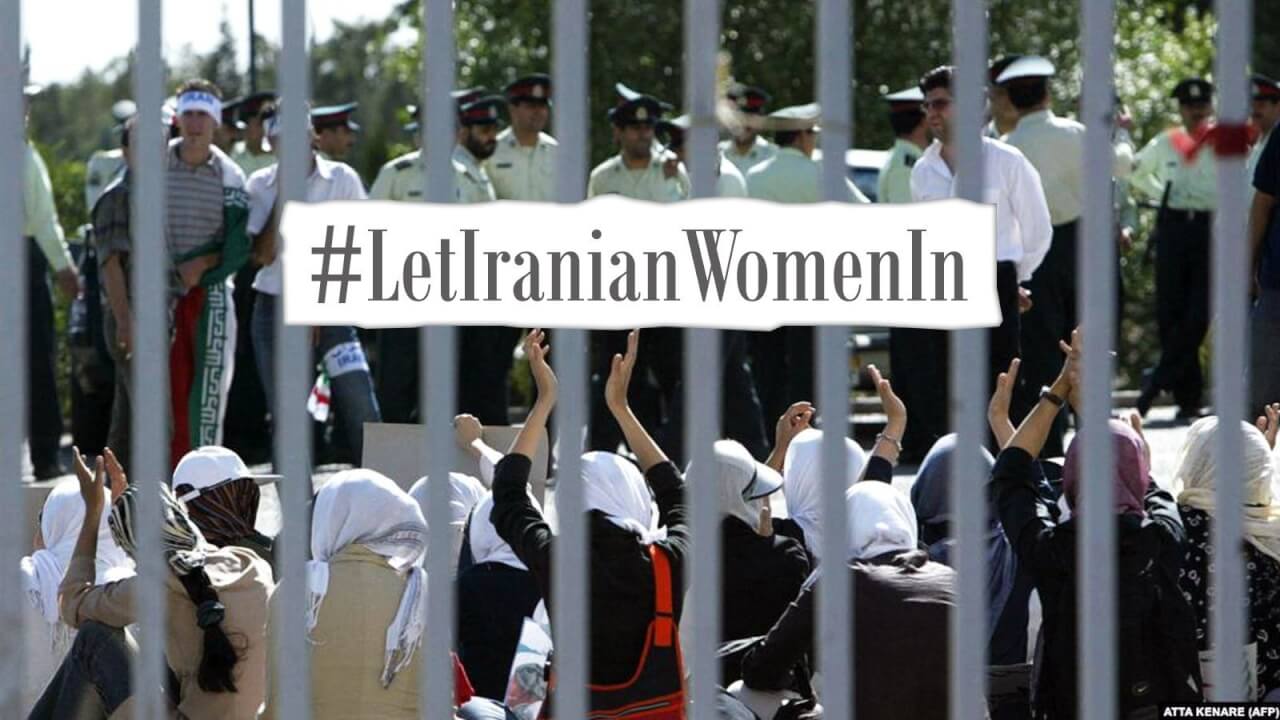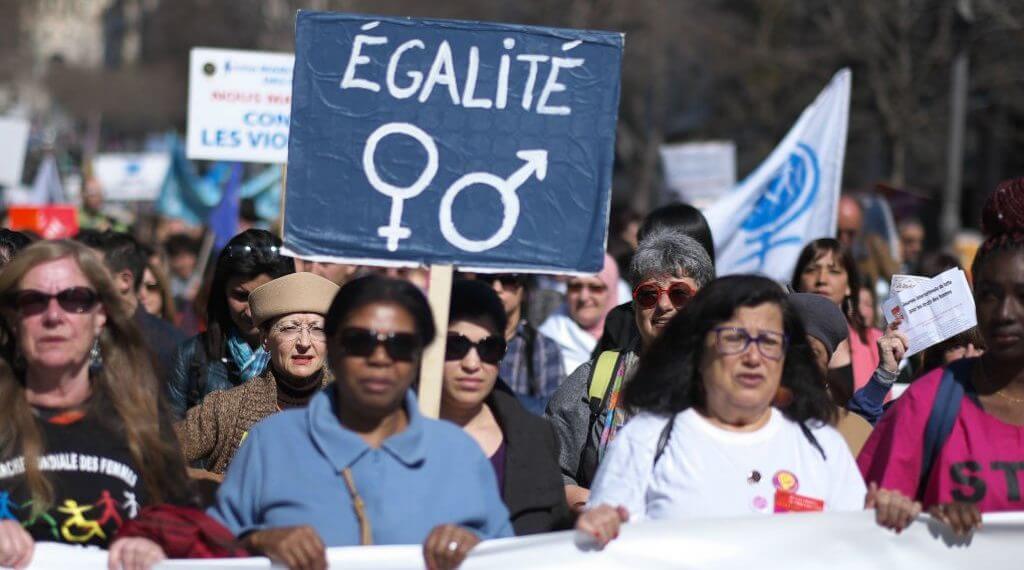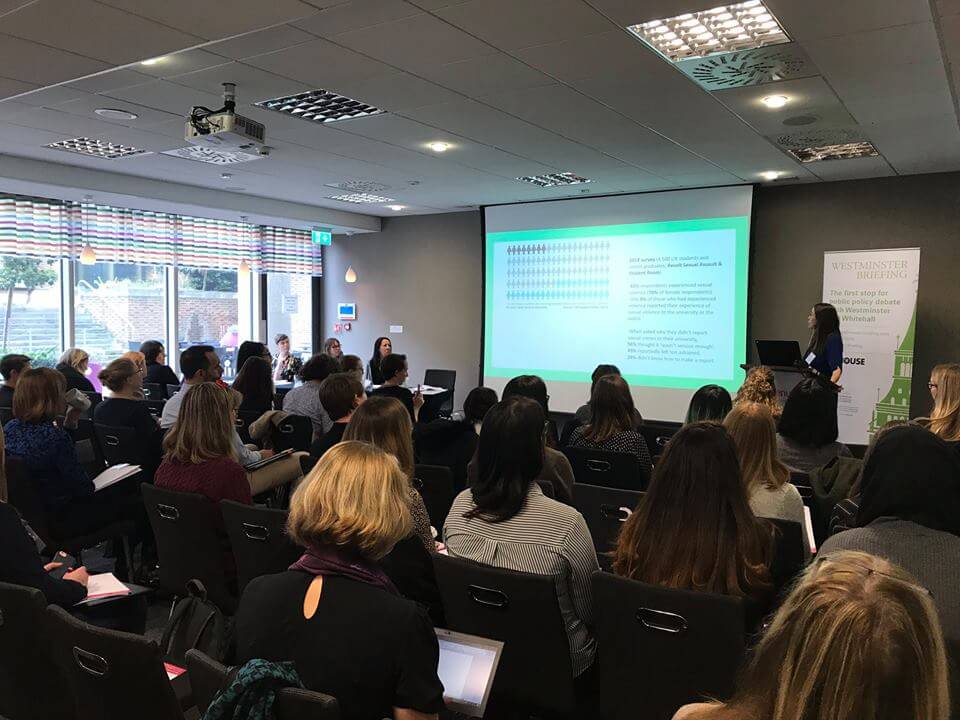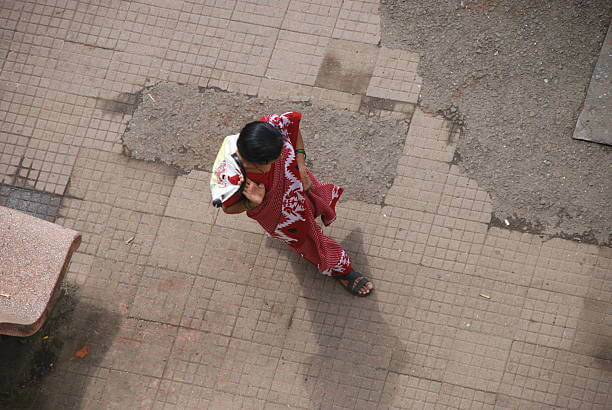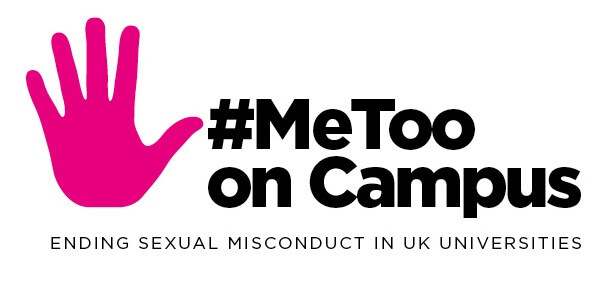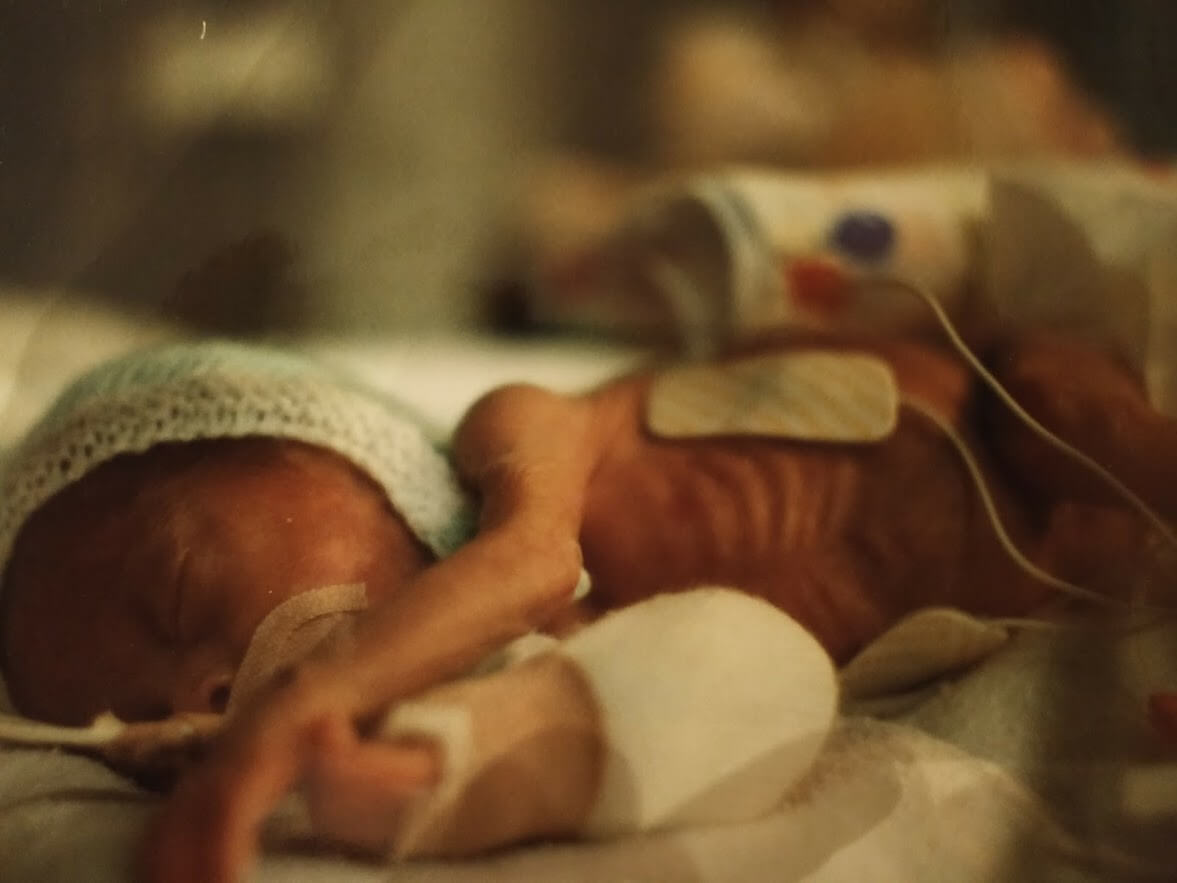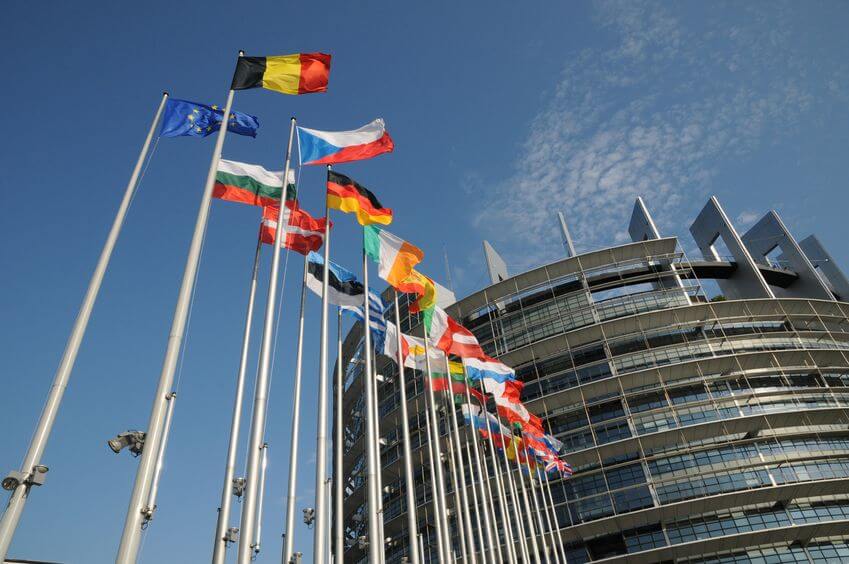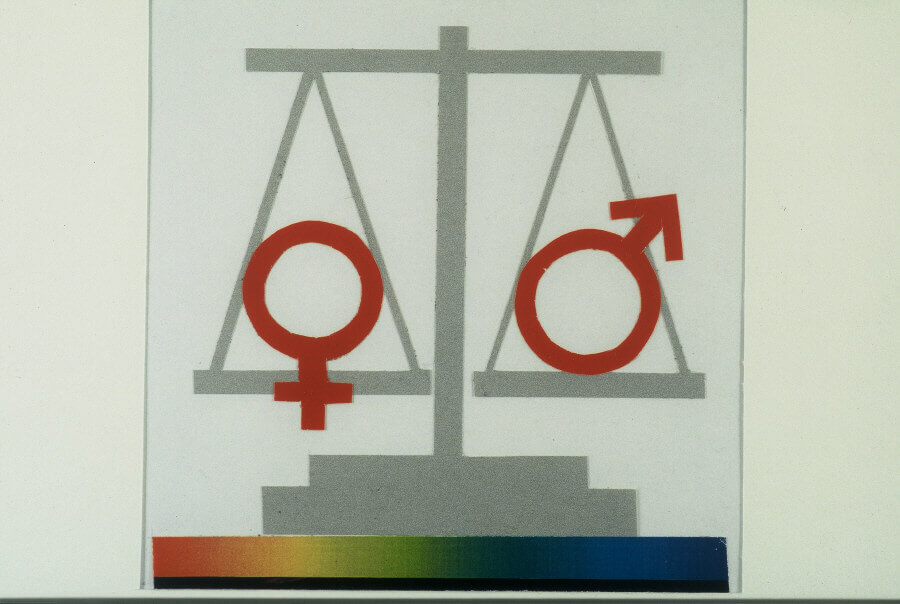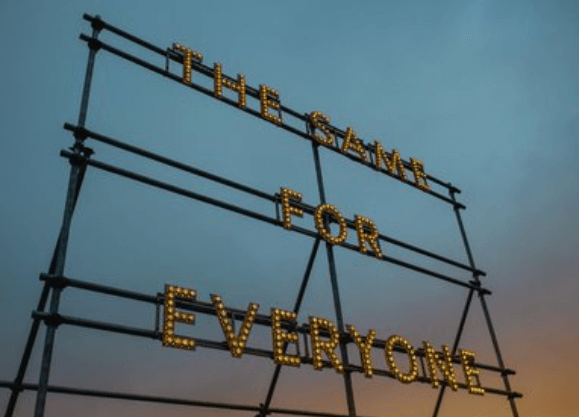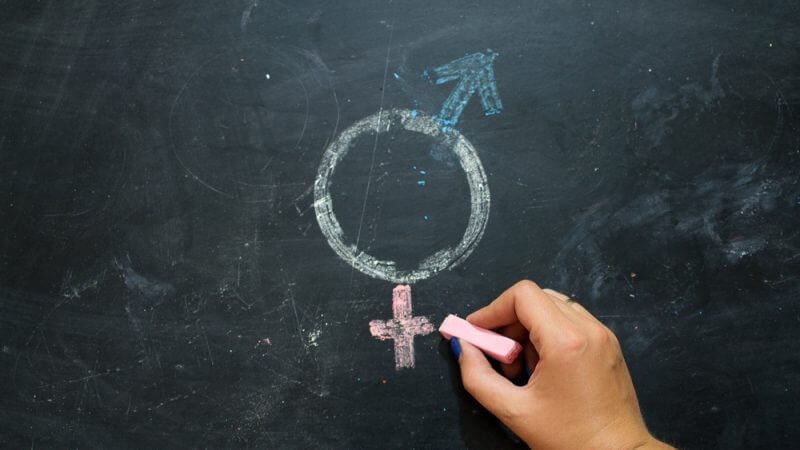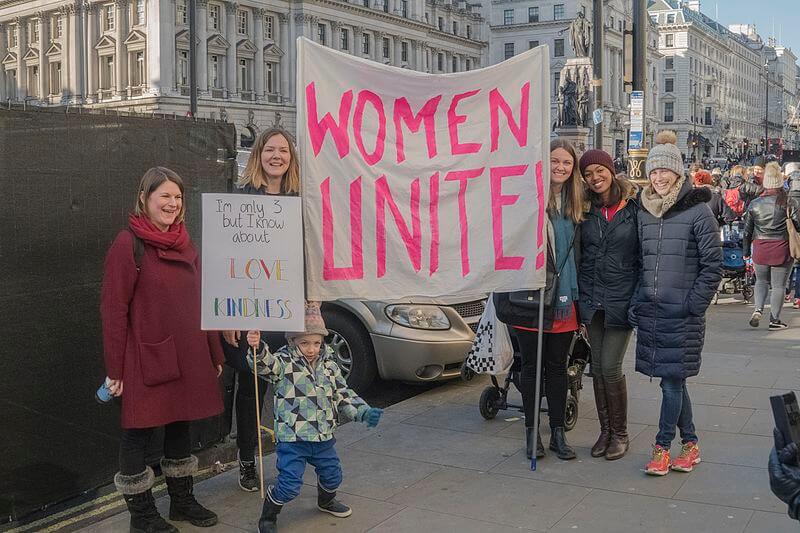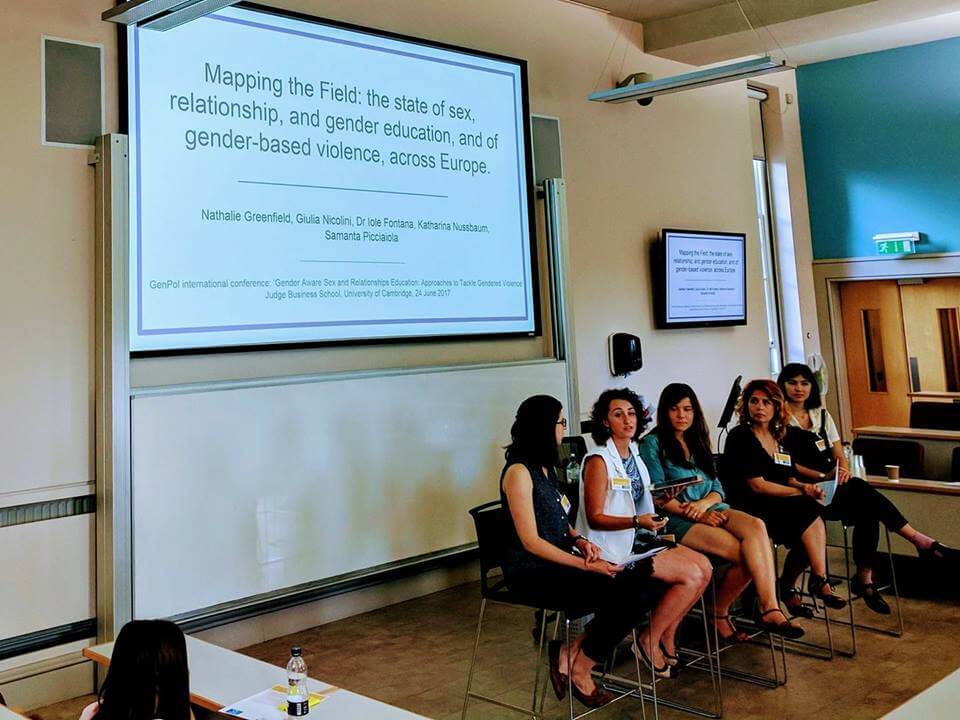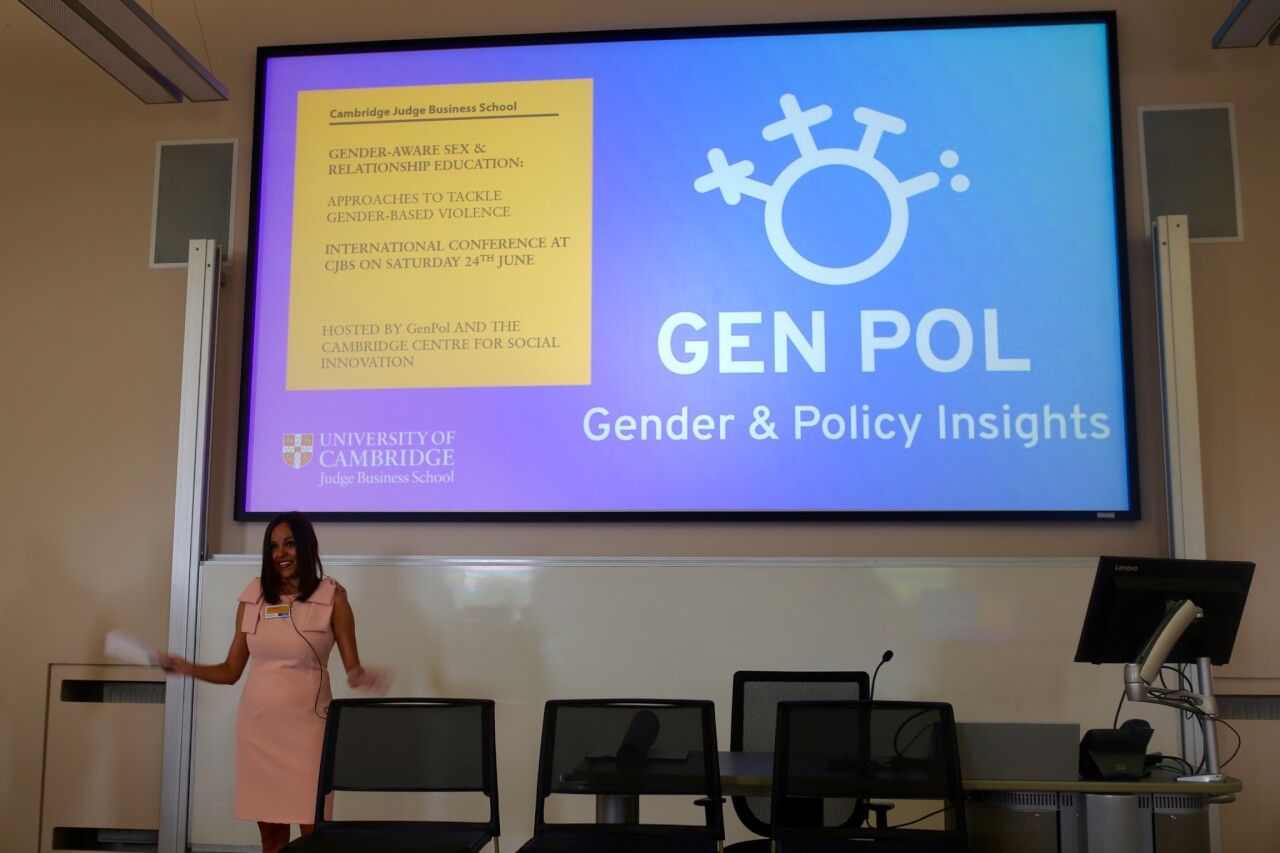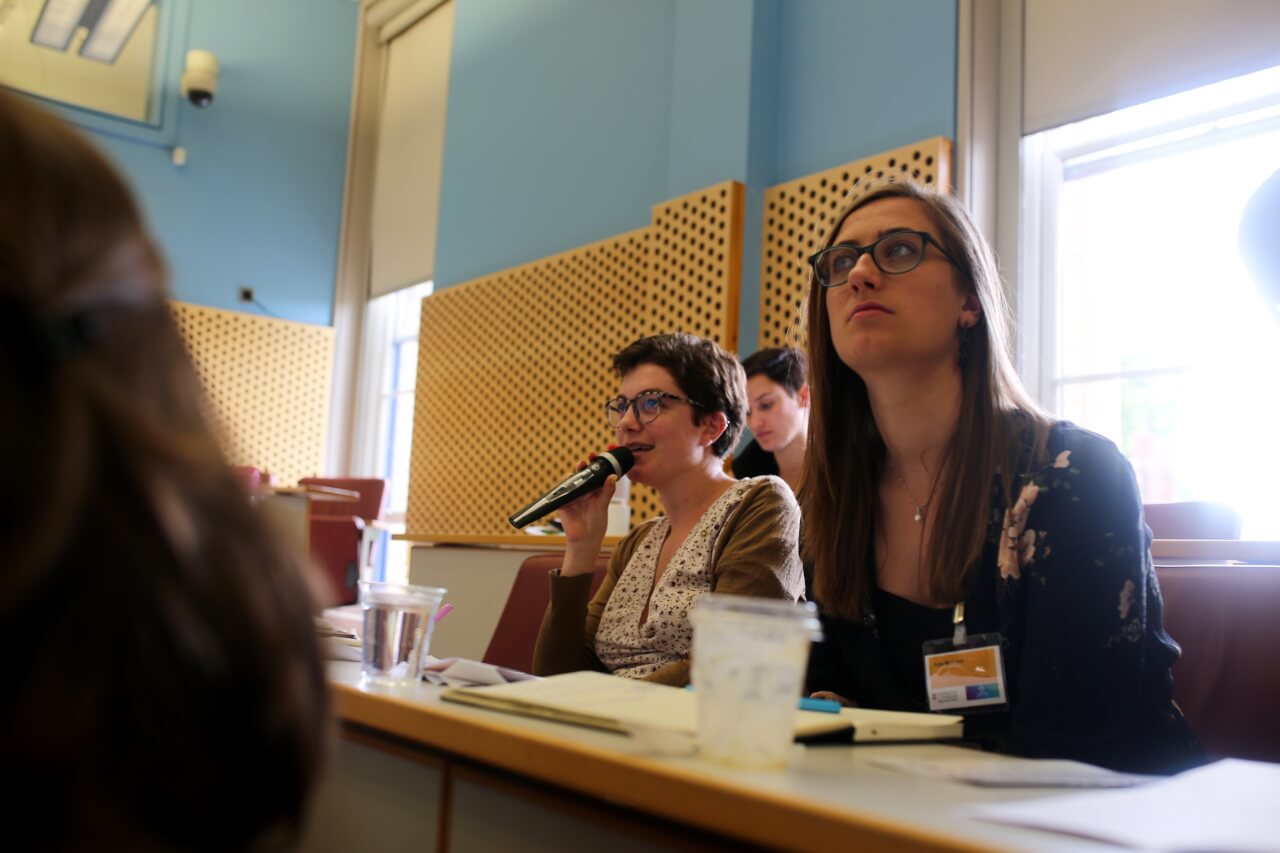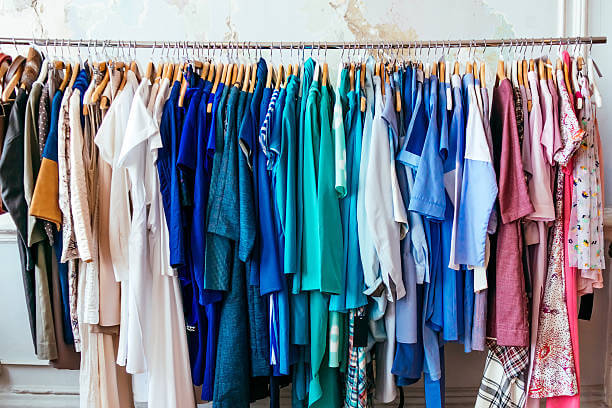
Fast Fashion has always been a gendered issue, shaped by a focus on how ‘femininity’ must be presented to please patriarchal, masculine visual appeal. This has caused market factors to bring in ‘new and improved’ products/trends every season, most of which is packaging that goes by marketing and mostly ignoring comfort or functionality. How many of us would fit into the sizes that models get by investing a lot? Don’t most of us have to carry at least a phone, keys, and a wallet, even going by the patriarchal sense of functions?
Much of the discussions about fast fashion tend to focus solely on its environmental and personal consequences. The mainstream consumer is increasingly concerned about the pollution and waste produced by fast fashion, as well as the poor construction of fast fashion goods, which causes them to be short-lived. While significantly harmful, environmental damage and decreased product quality are far from the only negative consequences of this industry.
With the climate crisis escalating and atrocities like global trade exploitation, hazardous working conditions, and sexual abuse at the forefront, it’s critical to shift to more ethical and environmentally safe alternatives; however, expecting people to stop purchasing fast fashion all at once is unrealistic. People prioritize ease of purchase and price of an item over sustainability, according to a 2018 LIM College survey of 685 shoppers ages 18 to 37. The cost of products is a strong contributor to the gendered marginalization of fast fashion.
Given that 80% of garment workers are women, and that they are primarily concentrated in (so-called) ‘developing’ countries due to a lack of labour protections, it stands to reason that disadvantaged women face significant harm as a result of this exploitative industry (Labour Behind the Label). The majority of the textile workers are paid far too little. In reality, the vast majority of them earn less than $3 per day. They frequently do not earn enough money to meet their basic requirements or to support their families.
Fast fashion stores’ low prices come at the expense of poor women’s rights in factories. According to Fair Trade Certified research, factory workers in Bangladesh earn USD 35 per month, while factory workers in Ethiopia earn USD 26 per month, despite the fact that their governments have set minimum wages of USD 95 and USD 110 per month, respectively. To put things in perspective, a major fashion CEO will earn more in four days than a female textile worker in Bangladesh will earn in a lifetime. Some employees are not paid for overtime, sick days, or maternity leaves. If they are discovered to be pregnant, they may potentially be fired.
Zara owner Inditex is the only brand in the supply chain that requires suppliers to pay workers a decent wage. Five other firms – Adidas, H&M, Inditex, Kering, and PVH – are performing wage assessments in factories and supporting industry collaborations to ensure suppliers pay their workers a decent wage. Despite the fact that women make up the majority of the labour in fast fashion, they are underrepresented in senior positions. According to a 2019 PwC report, women account for only 12.5% of clothing CEOs and 26% of board members.
Workers frequently labour long days with limited breaks. Furthermore, some of the industry structures are hazardous. The collapse of the Rana Plaza factory in Bangladesh in 2013 is one well-known example. According to government allegations, the factory’s owner illegally built additional levels in order to hire more workers. Furthermore, when cracks began to emerge in the structure, an expert assessed it and declared it hazardous. Despite these warnings, the building owner called workmen back the next day, the day the building fell. The collapse killed almost 1,000 people, 80% of them were women. While 80% of the organisations make policy pledges, just about a third show they’ve taken the most basic efforts to avoid abuse by offering violence and harassment training to their personnel. This is reflected in the supplier chain, though requirements for violence and harassment training are even rarer.
Climate change, according to Global Citizen research, exacerbates gender inequality by affecting women the most. According to a World Economic Forum analysis, the fashion sector is the second greatest consumer of water resources, accounting for 20% of all industrial water pollution and around 10% of global carbon emissions. Furthermore, women from low-income families in rural communities in developing countries are known to walk many miles every day for water, and to have sanitation and hygiene issues. As a result of the UN Fashion Charter’s launch, we may expect the fashion industry to be more accountable and transparent in its supply chain.
Consumers expect firms to be purpose-driven on climate change, diversity, and inclusion, according to a 2020 survey by McKinsey & Company. Fashion firms must consider their societal impact in addition to delivering current and fashionable goods. While buying ethically produced sustainable apparels might not be economically viable for everyone, thrifting and upcycling can be a basic and important step to start with. ‘Thrifty behaviour’ is anticipated to be a prevalent occurrence post-quarantine due to changes in household earnings, according to a 2020 research by Thred Up, with 4 in 5 citizens willing to buy second-hand clothes. It also points out that, by 2029, recommerce is likely to quadruple in size compared to fast fashion, with recommerce valued at USD 80 billion and fast fashion valued at only USD 43 billion. Women are spearheading the recommerce revolution. In 2018, 56 million women purchased used goods; in 2019, that number grew to 62 million.
In this context, it is therefore crucial to understand that climate justice without social justice is ineffective; they must coexist. Shaming is not and has never been a solution when the goal is to empower everyone to make better choices for people and planet.
| Ishita Bagchi |
